Discover City Journal Audio
City Journal Audio

City Journal Audio
Author: Manhattan Institute
Subscribed: 729Played: 31,743Subscribe
Share
© Manhattan Institute
Description
City Journal is America's premier source of insightful policy analysis, sophisticated cultural commentary, and bold investigations that legacy journalists are too timid to touch. From incisive interviews to lively panel discussions, our podcasts extend CJ's trademark rigor and wit beyond the written page to the dynamic world of streaming audio. Listen today.
479 Episodes
Reverse
Stephen Eide joins Brian Anderson to discuss "Scandinavia on the Hudson," his story from City Journal's Autumn 2025 issue.
Charles Fain Lehman, Rafael Mangual, John Ketcham, and Pirate Wires's Mike Solana analyze the results of New York City's mayoral election.
How can students know which colleges will give them the best educational value for their dollar? Renu Mukherjee, Neetu Arnold, and Rafael Mangual explore City Journal's newly released College Rankings—and what makes them so different from other college-assessment guides. They discuss the experiences of conservative students on campus, the importance of ideological diversity, how social pressures shape student life, and the tension between meritocracy and identity in admissions.
What did the final New York City mayoral debate reveal about the future of the race—and the city itself? Nicole Gelinas, John Ketcham, and Rafael Mangual break down the candidates' best and worst moments, and what their performances signal for voters. They also dig into the biggest issues shaping public sentiment—from the crisis at Rikers Island and challenges in education policy to the fallout from recent ICE raids on Canal Street.
Daniel Di Martino, Tal Fortgang, and Rafael Mangual explore the generational divides in activism and what fuels people to mobilize. They share personal stories of political awakening, reflect on how social issues have shaped their worldviews, and question the coherence and direction of contemporary protest movements. It's a candid conversation about governance, resistance, and American attitudes toward power.
Why are so many young people struggling with mental health? Abigail Shrier, Rob Henderson, and Brian Anderson explore the roots of the crisis and examine the roles played by mental health professionals, shifting parenting styles, the influence of schools, and social media. Their conversation underscores the value of authoritative parenting, the importance of setting high expectations, and the need for parents to take a more active role in their children's development within a culture increasingly shaped by therapeutic narratives.
James Hankins and Allen Guelzo join Brian Anderson to discuss their new book project, "The Golden Thread: The History of the Western Tradition."
What does it mean for American media when someone like Bari Weiss is tapped to lead one of the country's legacy news outlets? Rafael Mangual, Jesse Arm, Carolyn Gorman, and Kerry Soropoulos analyze Paramount's acquisition of The Free Press and the appointment of Weiss as editor-in-chief of CBS News. The panel explores Weiss's track record of challenging orthodoxies and what her rise signals for journalism's future. They also discuss California's shifting political dynamics, spotlighting Representative Katie Porter's potential gubernatorial run.
What does a university's response to terror reveal about its values and its influence on society? On the two-year anniversary of Hamas's October 7 attacks on Israel, Stu Smith, Neetu Arnold, Adam Lehodey, and Rafael Mangual reflect on national and global reactions to the attacks, especially on American university campuses. Their conversation explores the ideological influence of faculty and campus activism that blurred the line between academic freedom and lawlessness. They also consider how federal funding and institutional incentives shape university behavior.
Is the Democratic Party being pulled too far left—or is moderation making a comeback? Jesse Arm, Charles Fain Lehman, and Rafael Mangual discuss the recent government shutdown and the role of the filibuster in shaping legislative outcomes. They analyze tensions in the Democratic Party between radical grassroots movements and centrist pragmatism. And they examine the rise of the "abundance bros" and what this techno-optimist movement says about our current politics.
What does Eric Adams's exit from the 2025 mayoral race mean for New York City's political future? Rob Henderson, Nicole Gelinas, John Ketcham, and Rafael Mangual assess how the sitting mayor's withdrawal reshapes the race for City Hall and analyze the strategies of remaining contenders Zohran Mamdani, Andrew Cuomo, and Curtis Sliwa. They discuss the key issues shaping voter priorities, from crime and public safety to housing affordability. They also explore the controversy surrounding the Democratic Socialists of America's support for convicted cop killer Assata Shakur, who died on Thursday.
What are the consequences of a culture that undermines masculinity? Heather Mac Donald, Daniel Di Martino, and Rafael Mangual examine the complex forces fueling rising tensions in America. They discuss the recent attack on an ICE facility in Dallas, the cultural crisis of masculinity, the importance of fatherhood, and the need for positive male role models. Drawing on the legacy of figures like Charlie Kirk, they reflect on why it's crucial to revive values like courage, heroism, and personal responsibility.
What does the Jimmy Kimmel episode reveal about free speech in America? Ilya Shapiro, Charles Fain Lehman, John Ketcham, and Rafael Mangual unpack the controversy surrounding the cancellation of Kimmel's ABC show and explore how government influence, corporate media decisions, and public protest movements intersect in shaping the national discourse. The panel also discusses controversial figures like Woody Allen and what their continued relevance says about shifting political and cultural norms.
Howard Husock joins Stephen Eide to discuss his new book, The Projects: A New History of Public Housing.
Why are so many young men becoming radicalized online? Rob Henderson, Carolyn Gorman, and Isabella Redjai examine the recent assassination of Charlie Kirk and the radicalization of his alleged killer, Tyler Robinson. They explore how social media and college campuses influence political beliefs and discuss the growing epidemic of loneliness and isolation. The conversation also addresses the normalization of violence and the blurred line between mental illness and political extremism, and what these disturbing trends might signal for the future.
What does the assassination of Charlie Kirk reveal about the state of political discourse and public safety in America today? In this powerful episode, Stu Smith, Jesse Arm, Josh Appel, and Kerry Soropoulos discuss the shocking murder of the conservative activist. Their conversation explores Kirk's legacy, the rise of online radicalization, and how progressive policies may be fueling crime in urban centers. They also examine the deepening ideological divide in American society and consider what it will take to restore civility—and security—in our country.
John Tierney, Nicole Gelinas, Park MacDougald, and Isabella Redjai pay tribute to Charlie Kirk, assassinated as he gave a talk on a college campus. Kirk was murdered the day before the nation marked the 24th anniversary of the 9/11 attacks. We share personal memories of that day, examine the city's response, and discuss how the attacks reshaped American politics and culture. The conversation ends with a look at the day's enduring lessons and prospects for American unity.
Isabella Redjai, Kerry Soropoulos, Charles Fain Lehman, and Renu Mukherjee discuss the fatal stabbing of a Ukrainian refugee on public transit and what it reveals about urban violence, mental health, and law enforcement. They also discuss CBS's interest in buying The Free Press and Austin's logo debate.
Rafael Mangual, John Ketcham, Isabella Redjai, and Kerry Soropoulos take a look at the high-stakes dynamics of the New York City mayoral race. From candidate strategies and the influence of social media to the surprising role of game theory in political decision-making, they break down how modern campaigns are evolving. They also explore how crime policy is shaping electoral outcomes and how Democrats are responding to public safety concerns. Plus, a timely discussion of how AI is disrupting fashion marketing and what it means for traditional advertising.
Nicole Nosek joins Judge Glock to discuss housing reform legislation spearheaded by Texans for Reasonable Solutions.


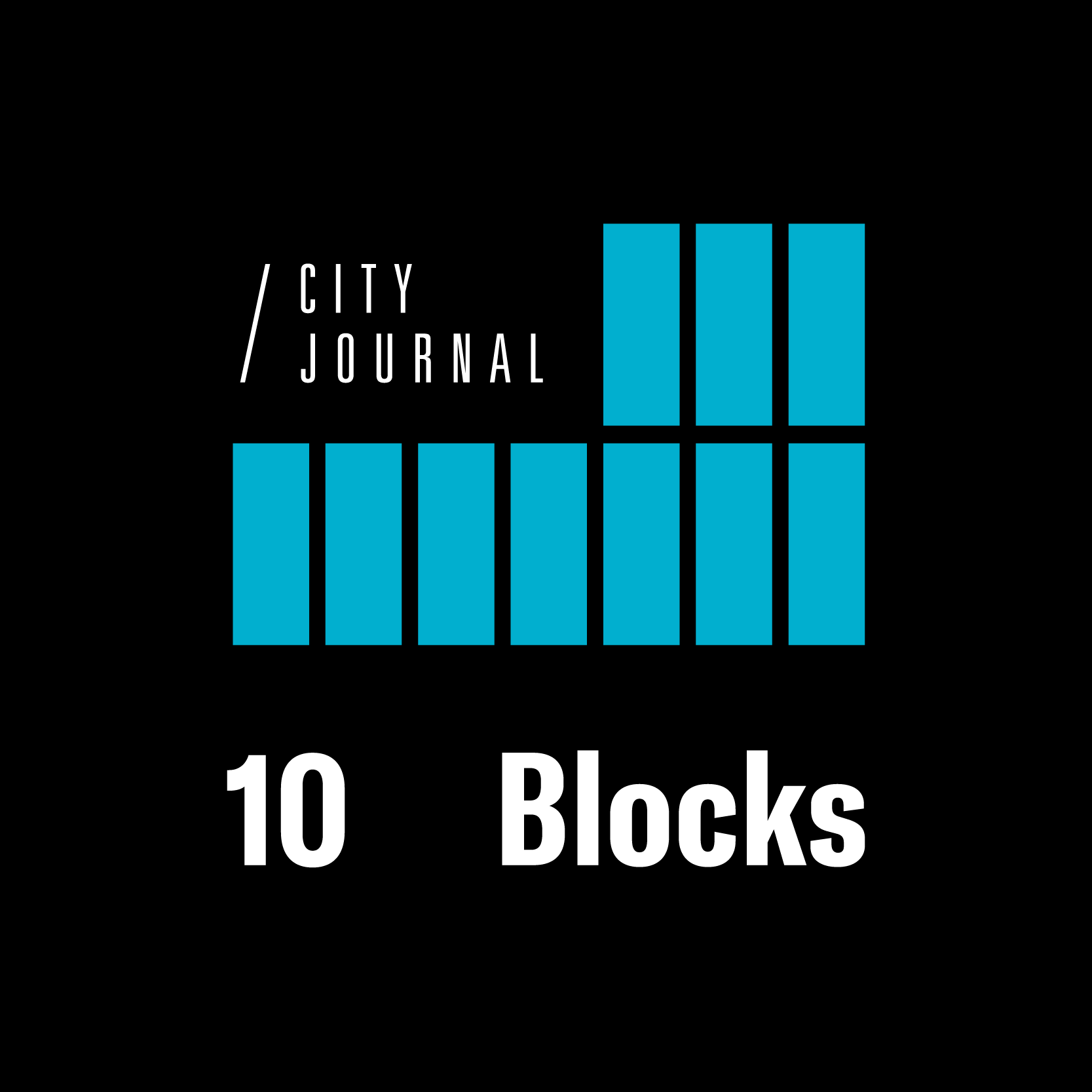
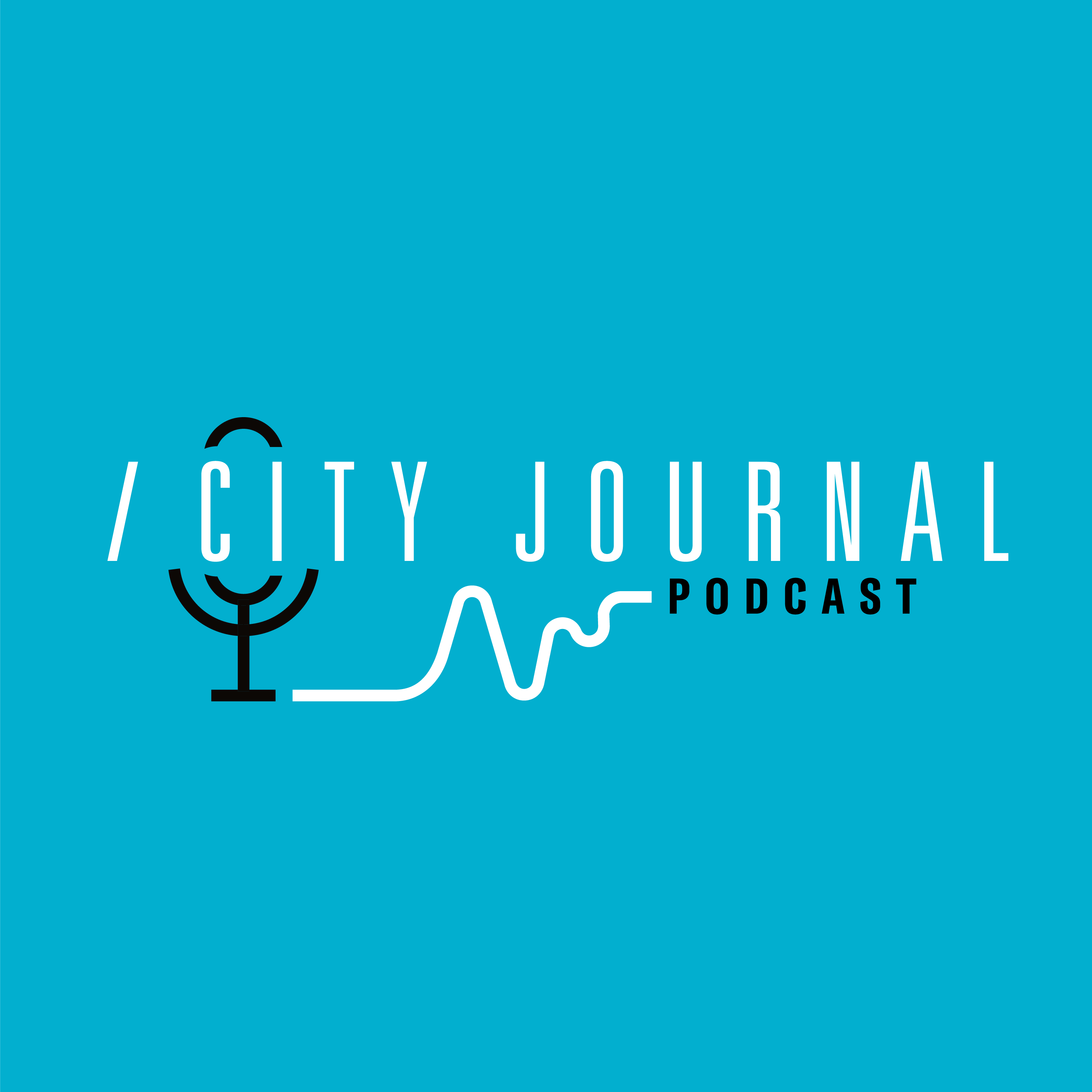
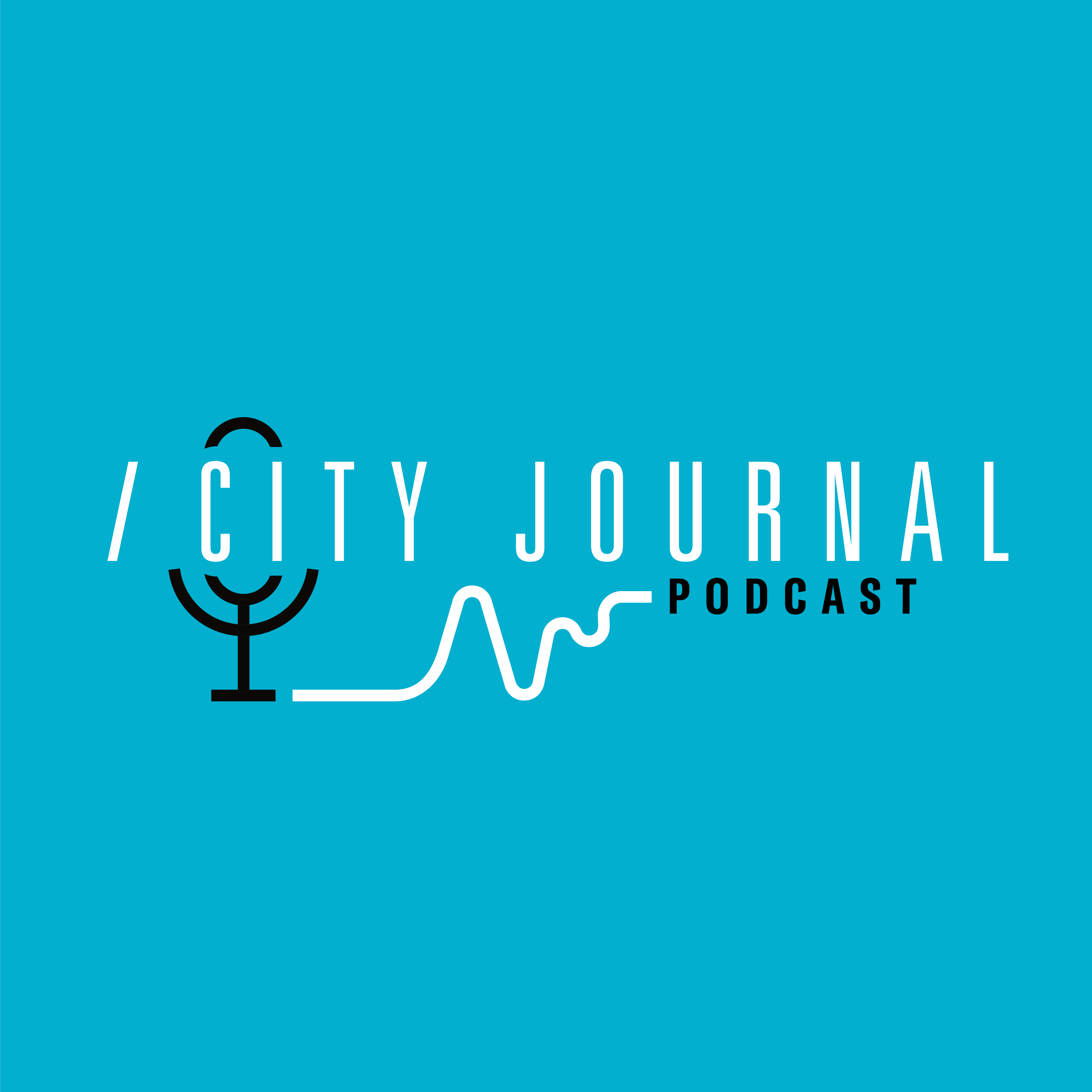
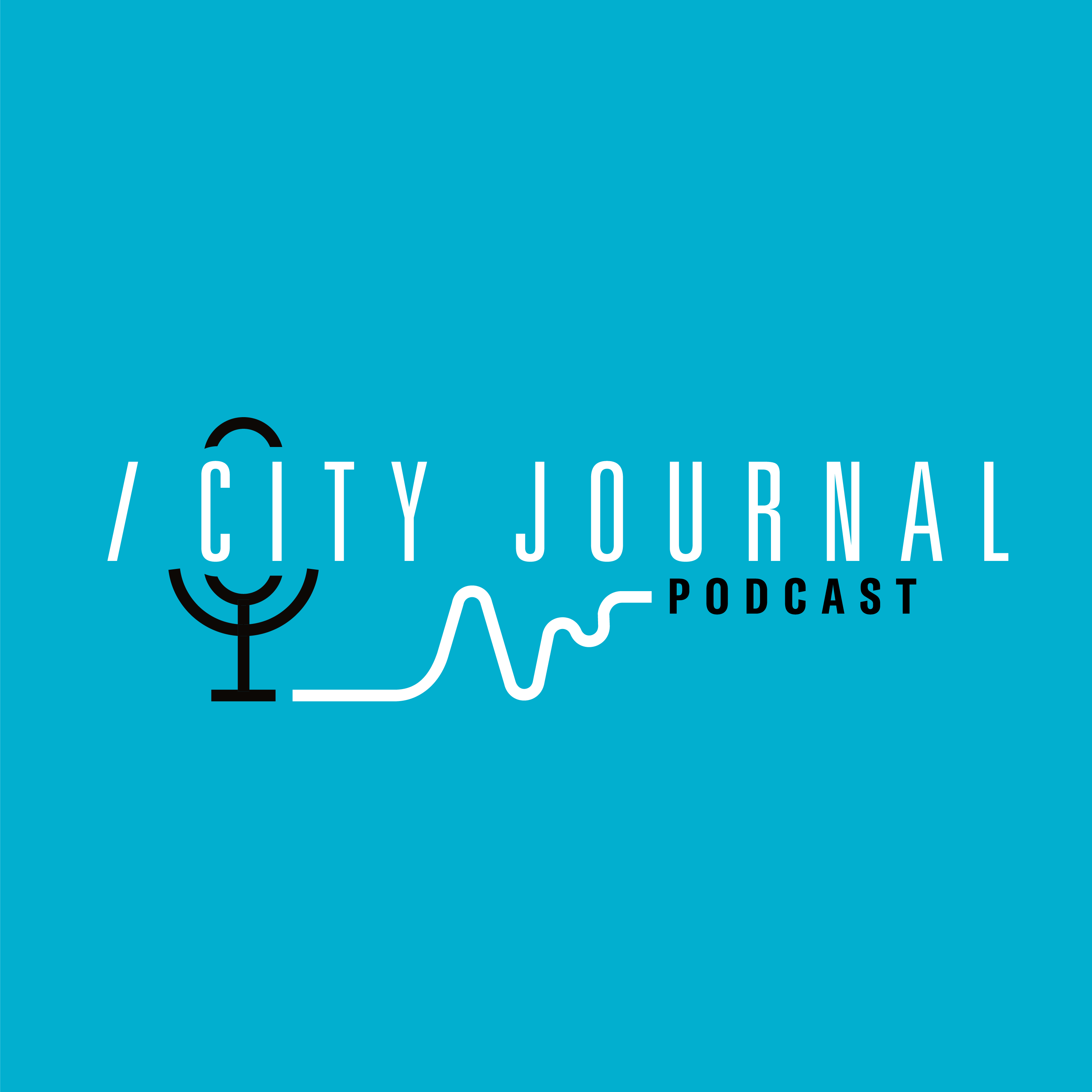
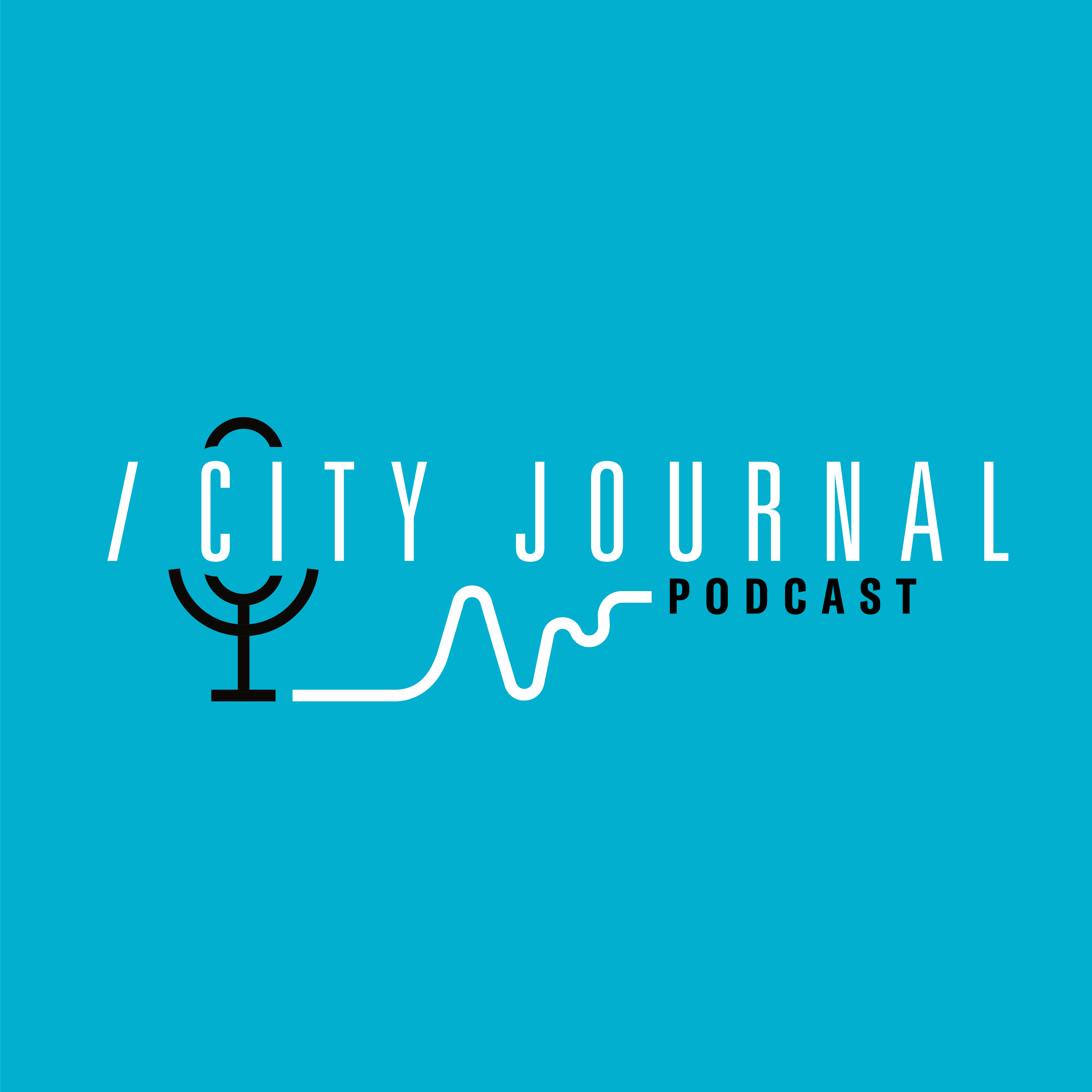
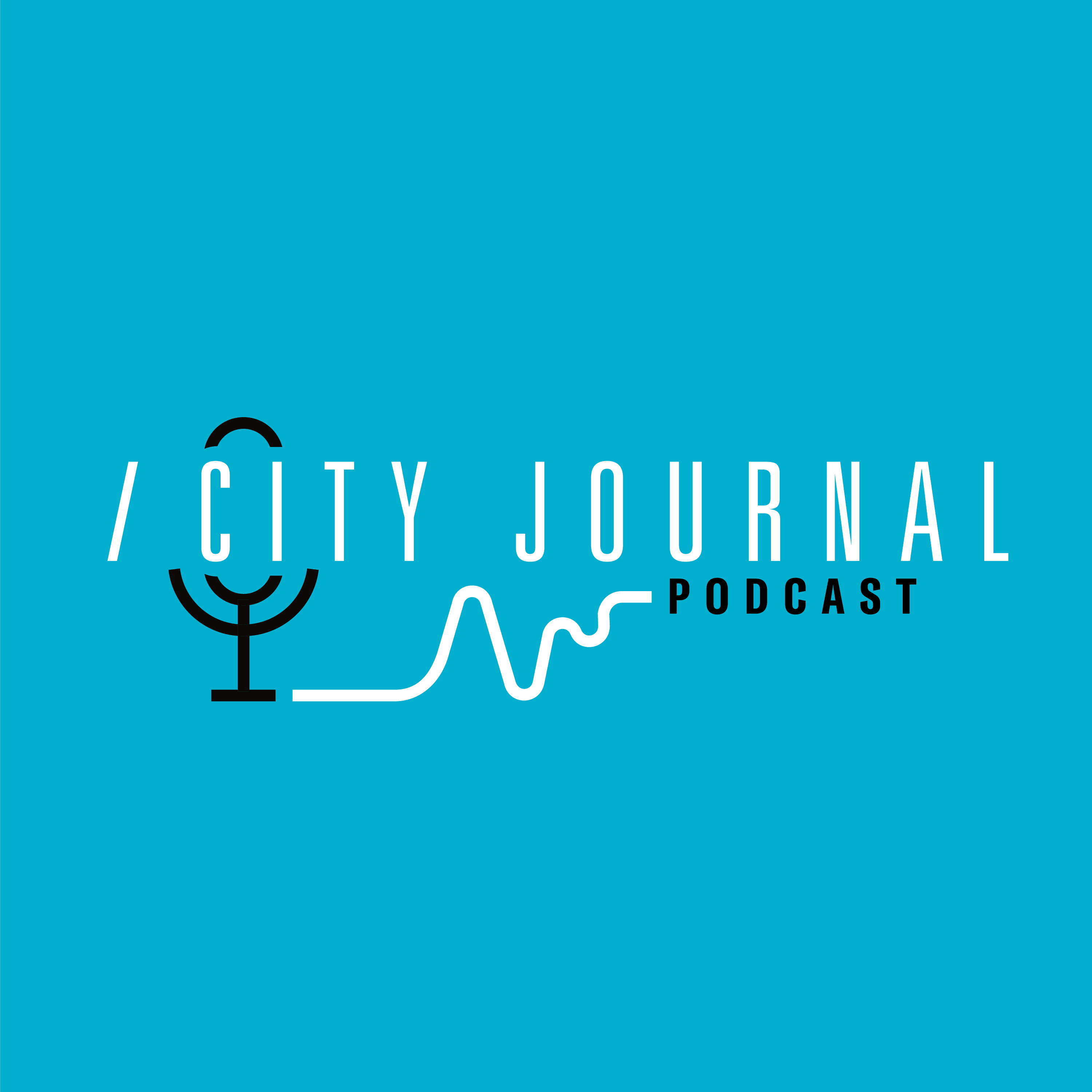
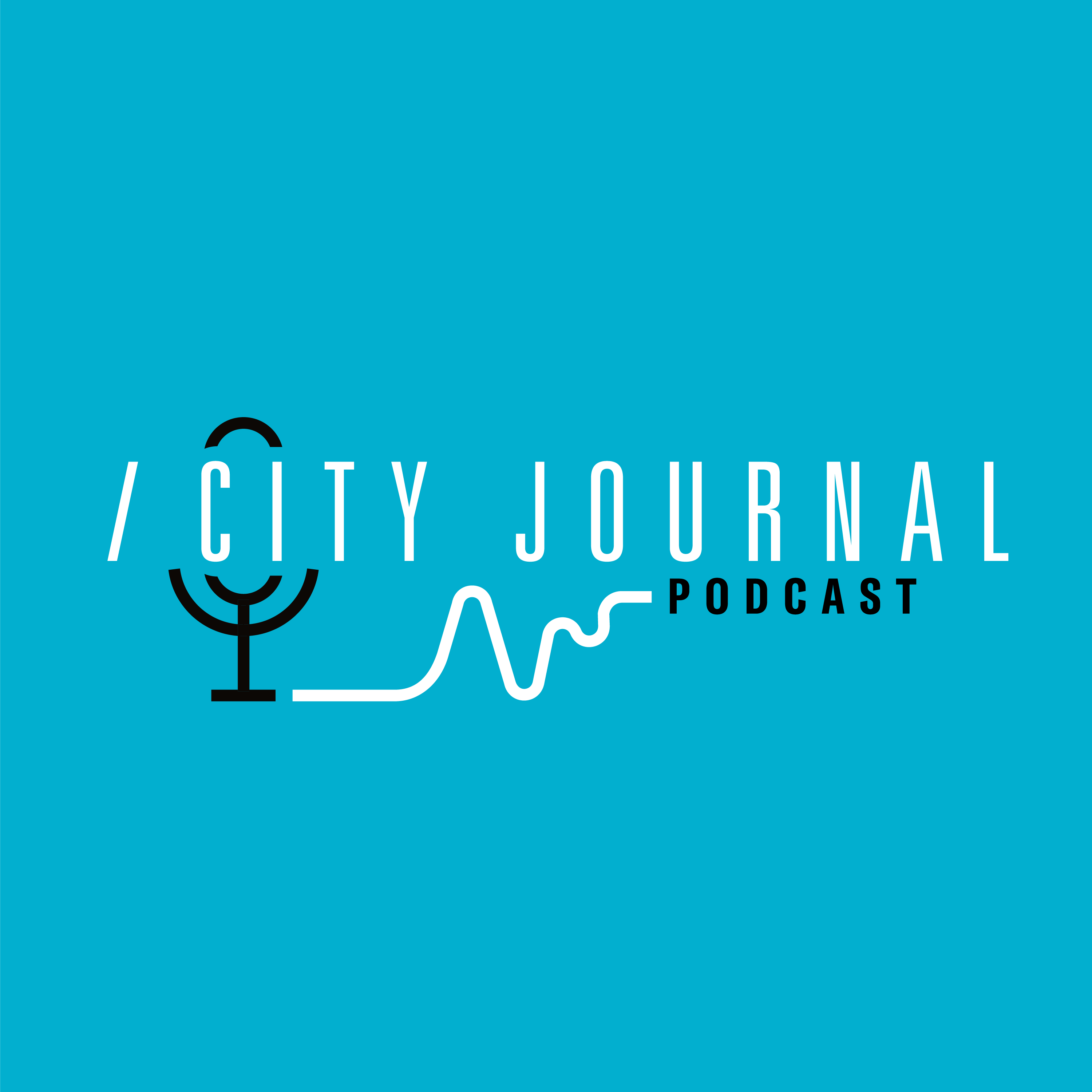
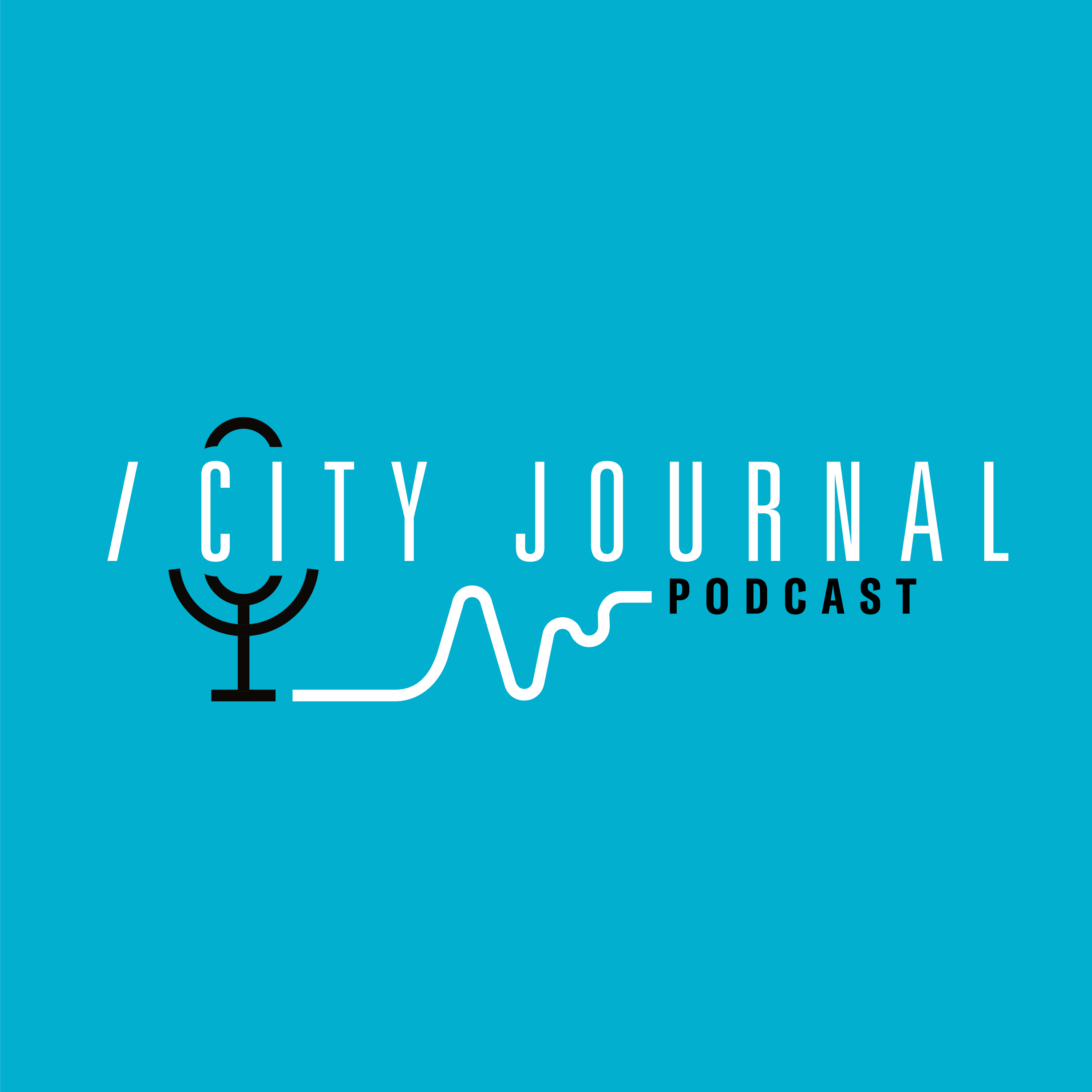
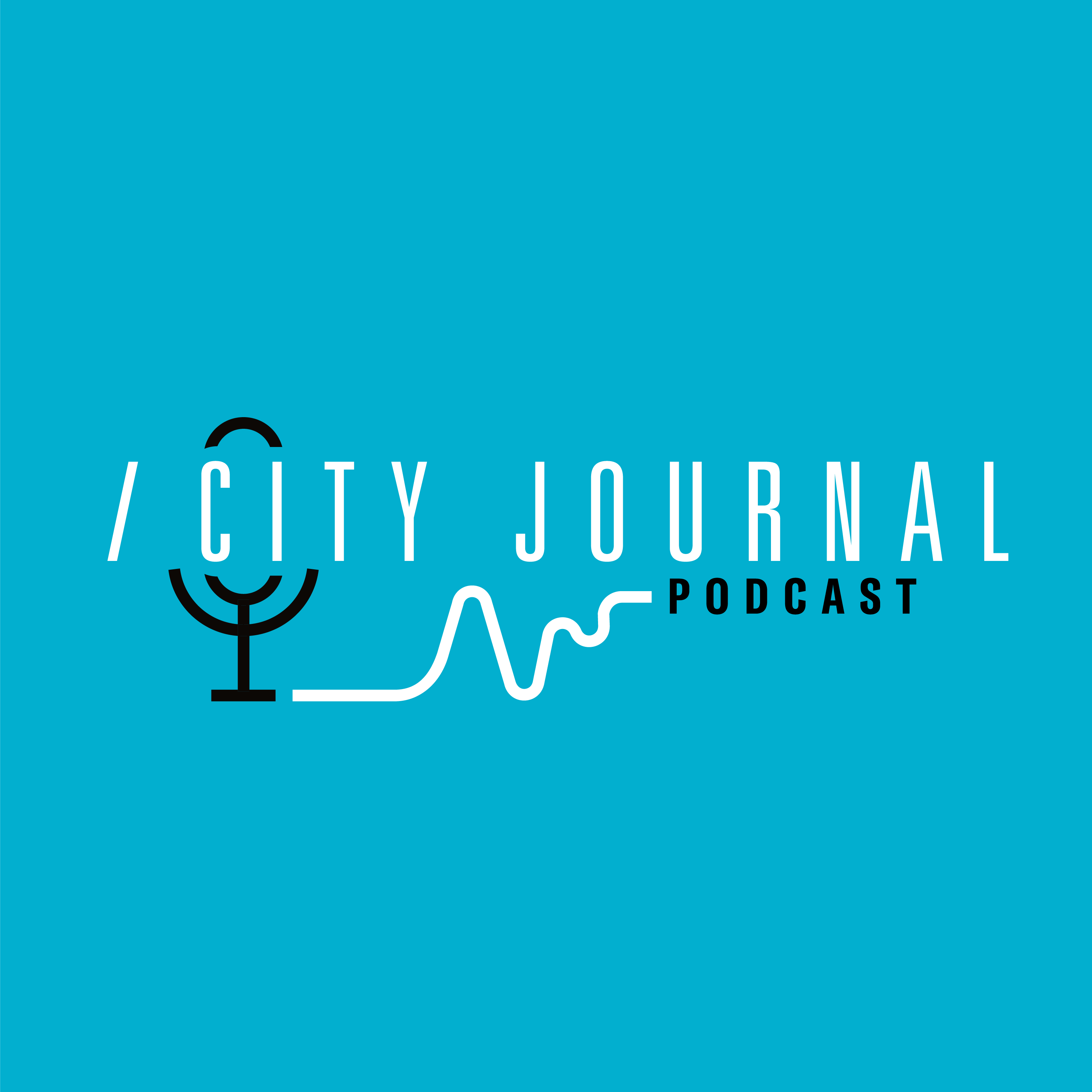
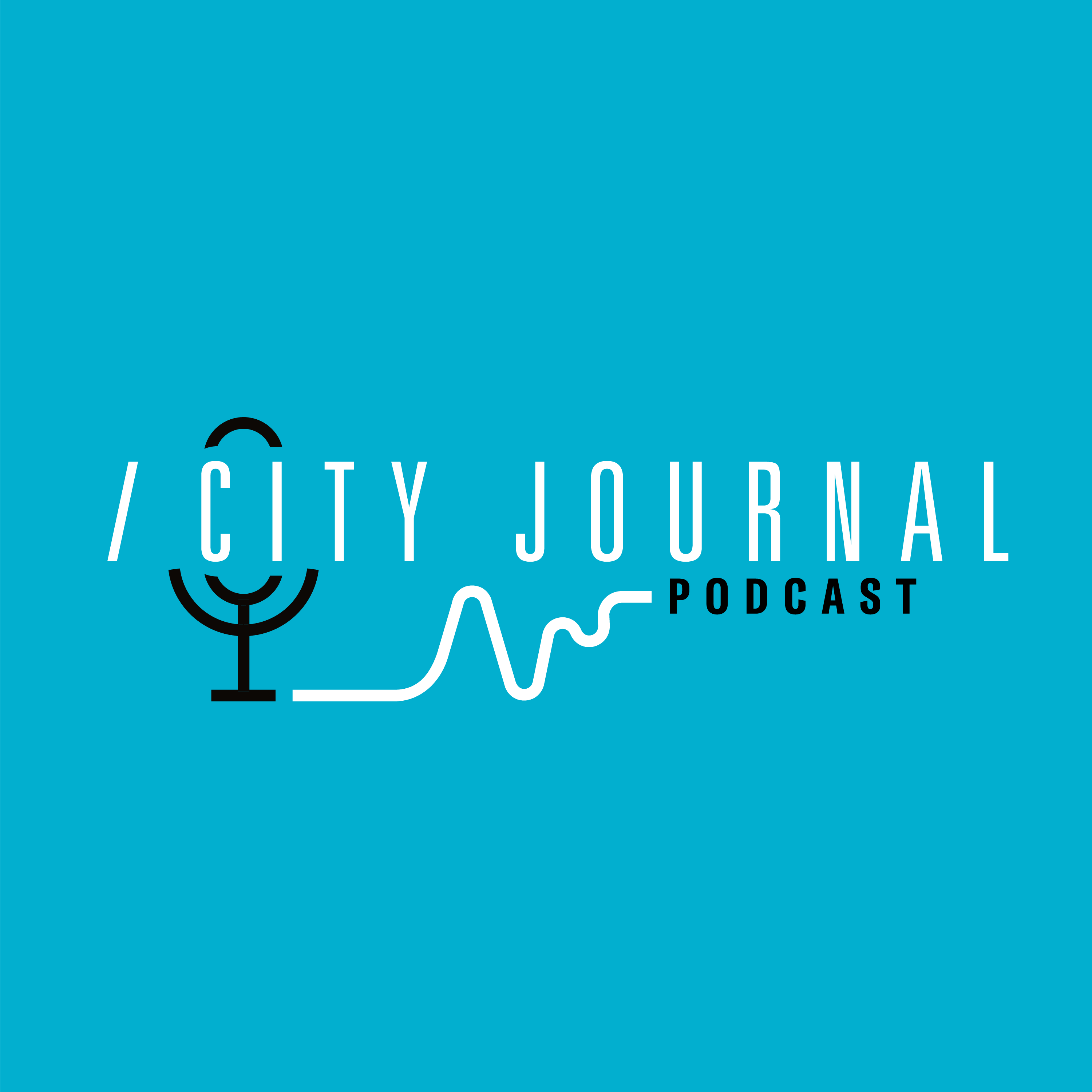
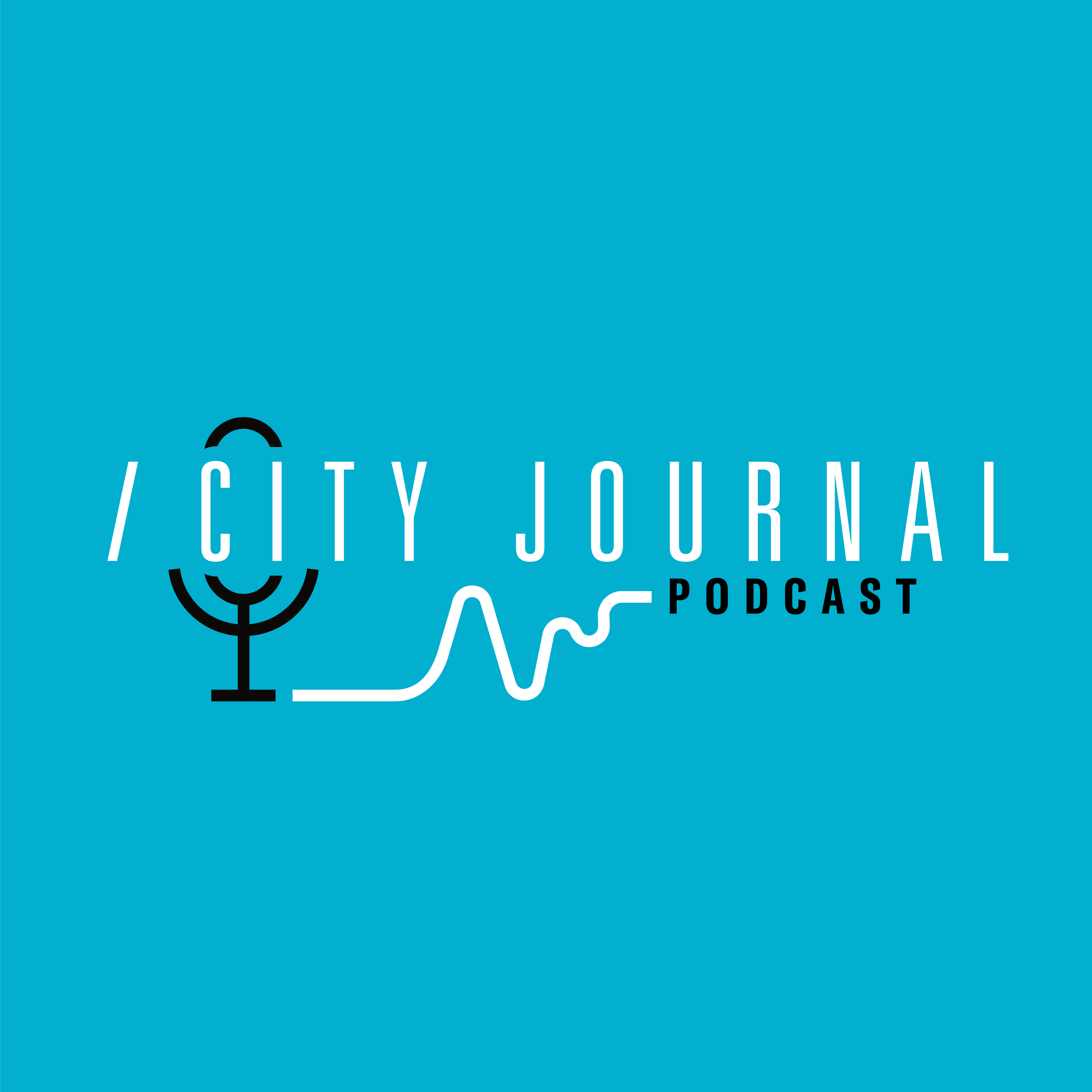
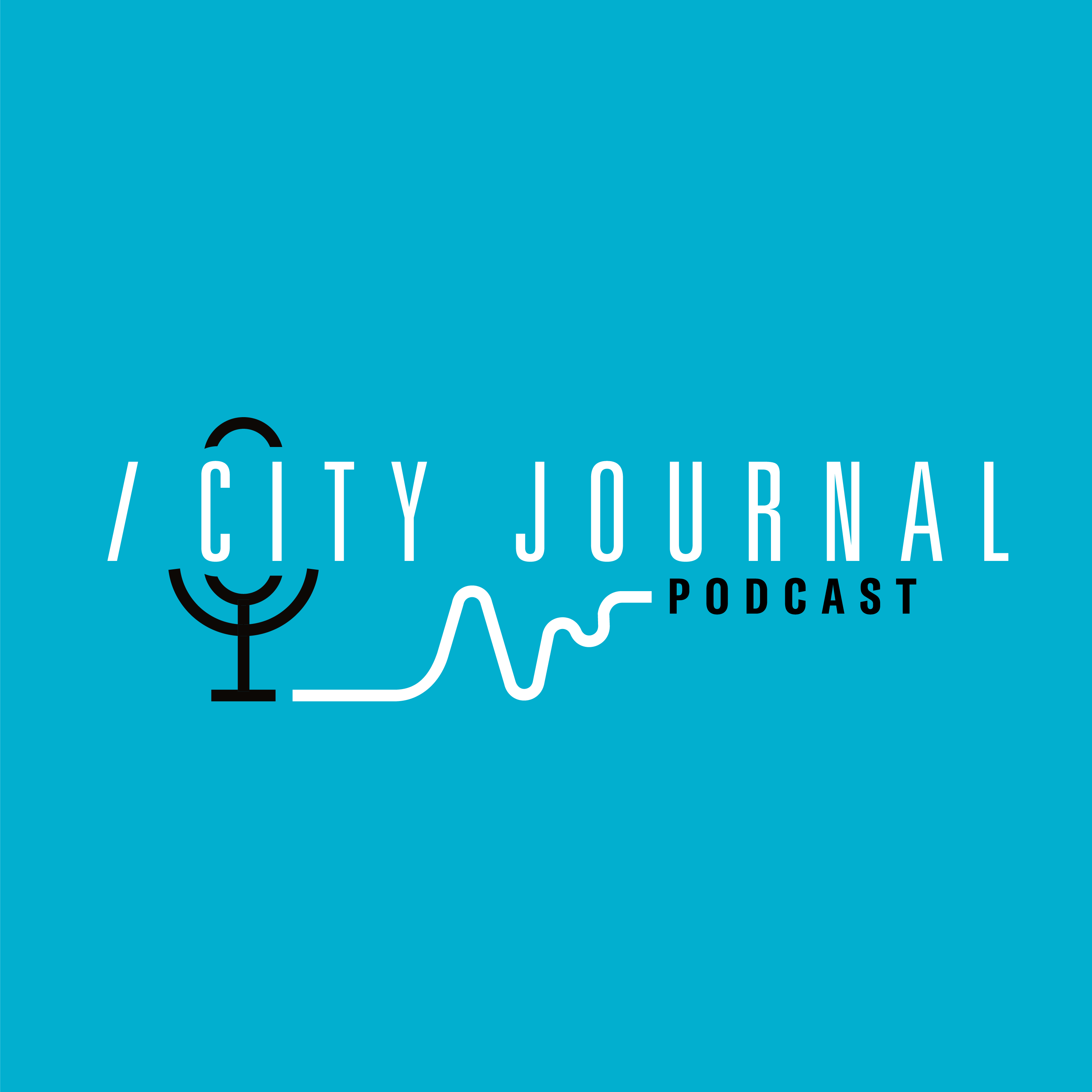
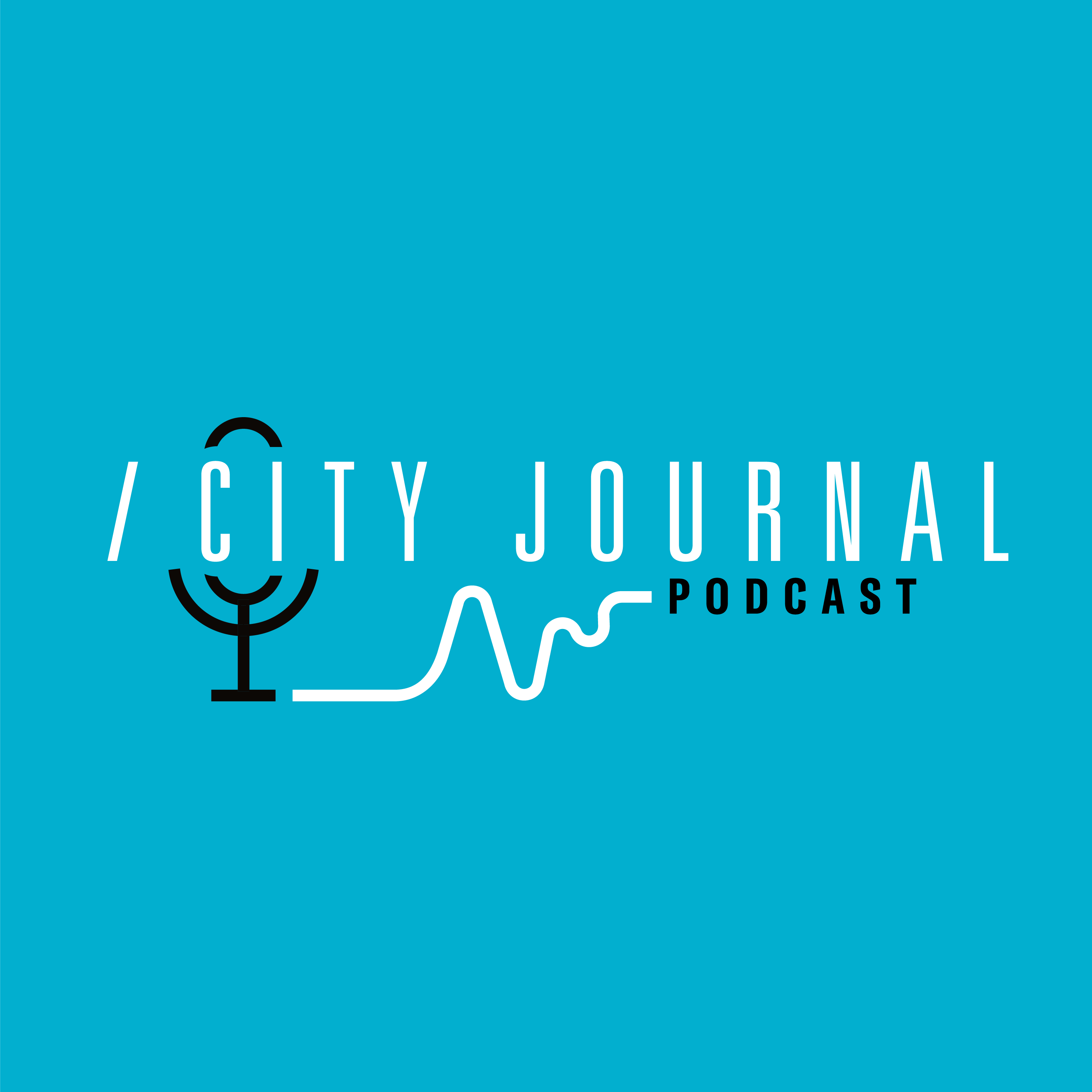
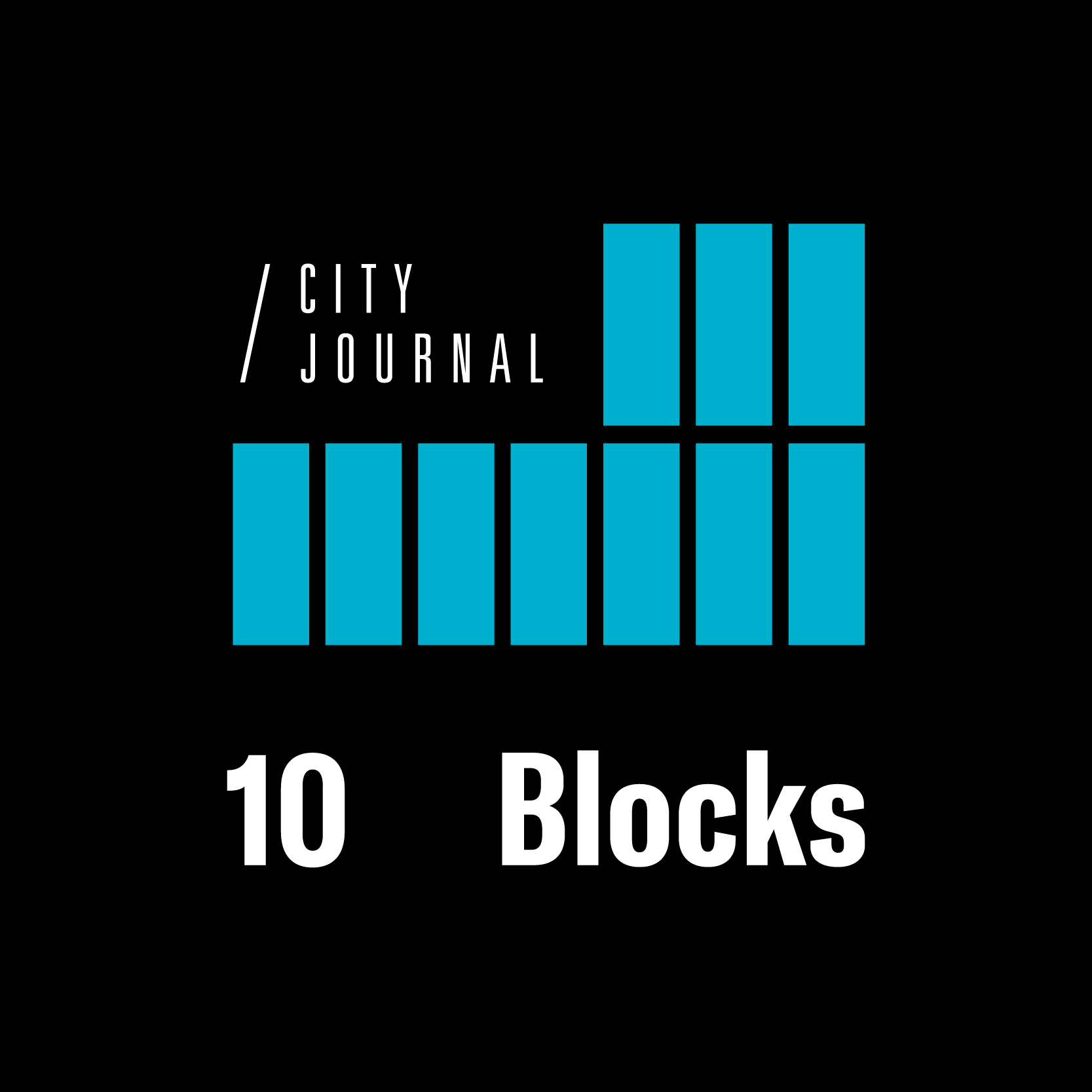
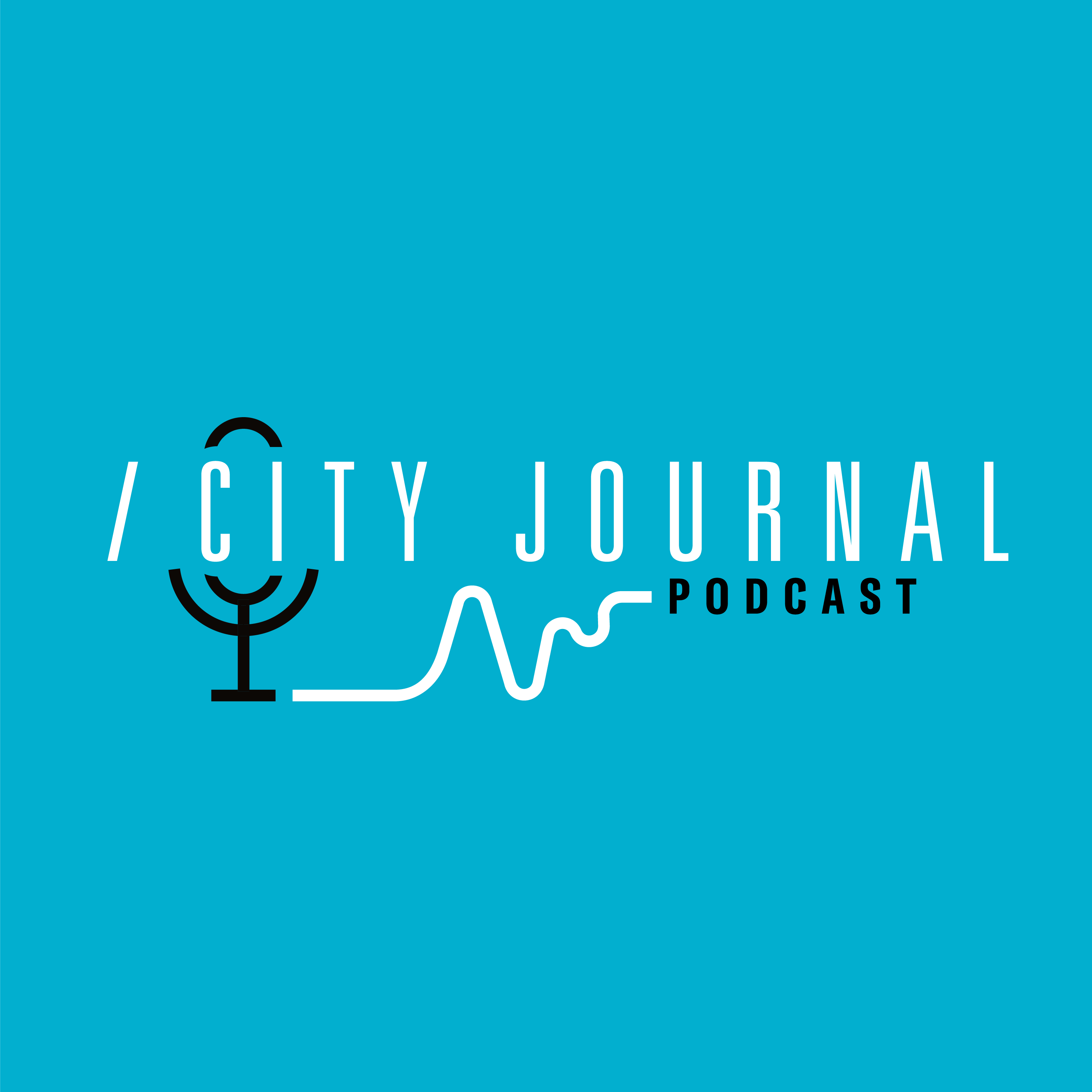
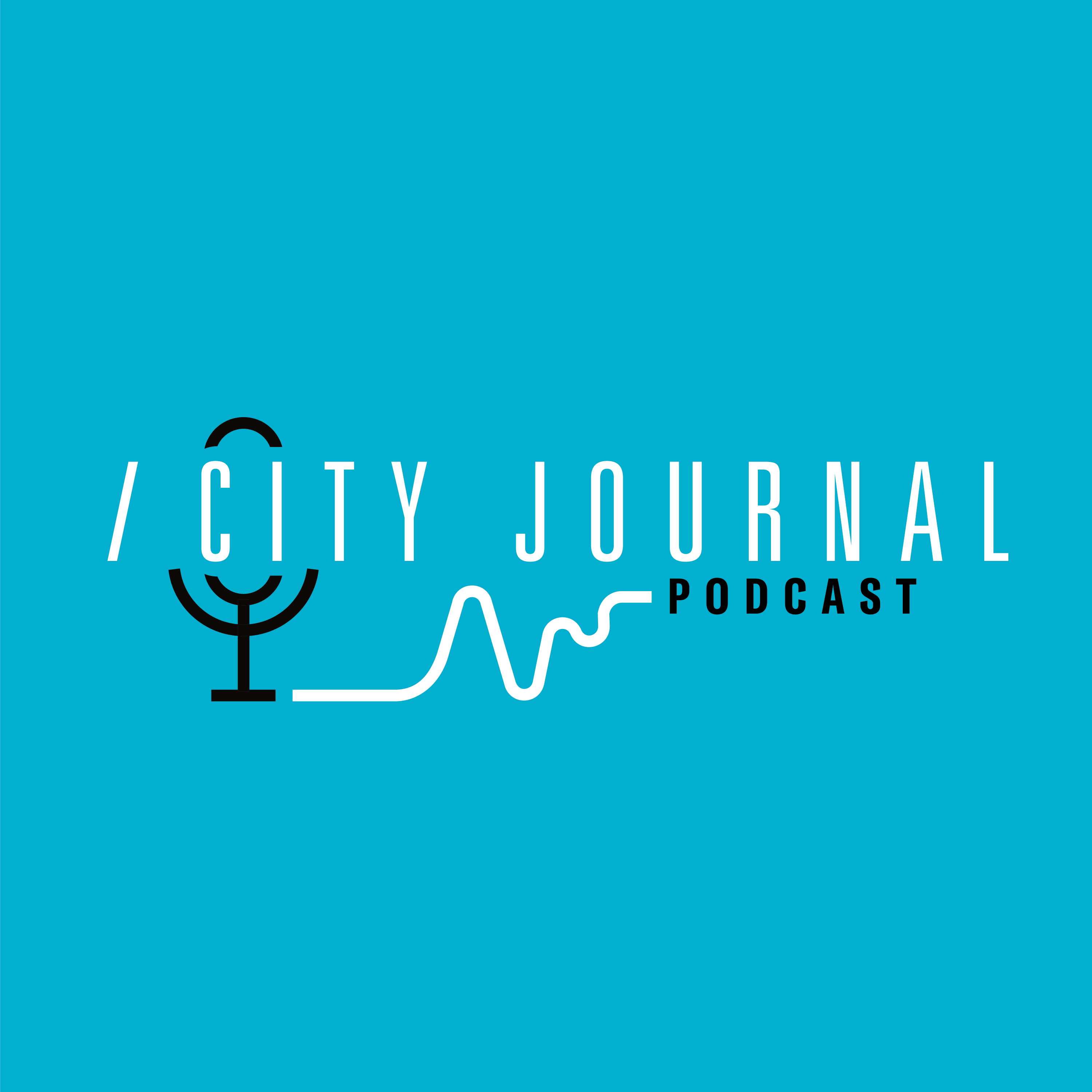
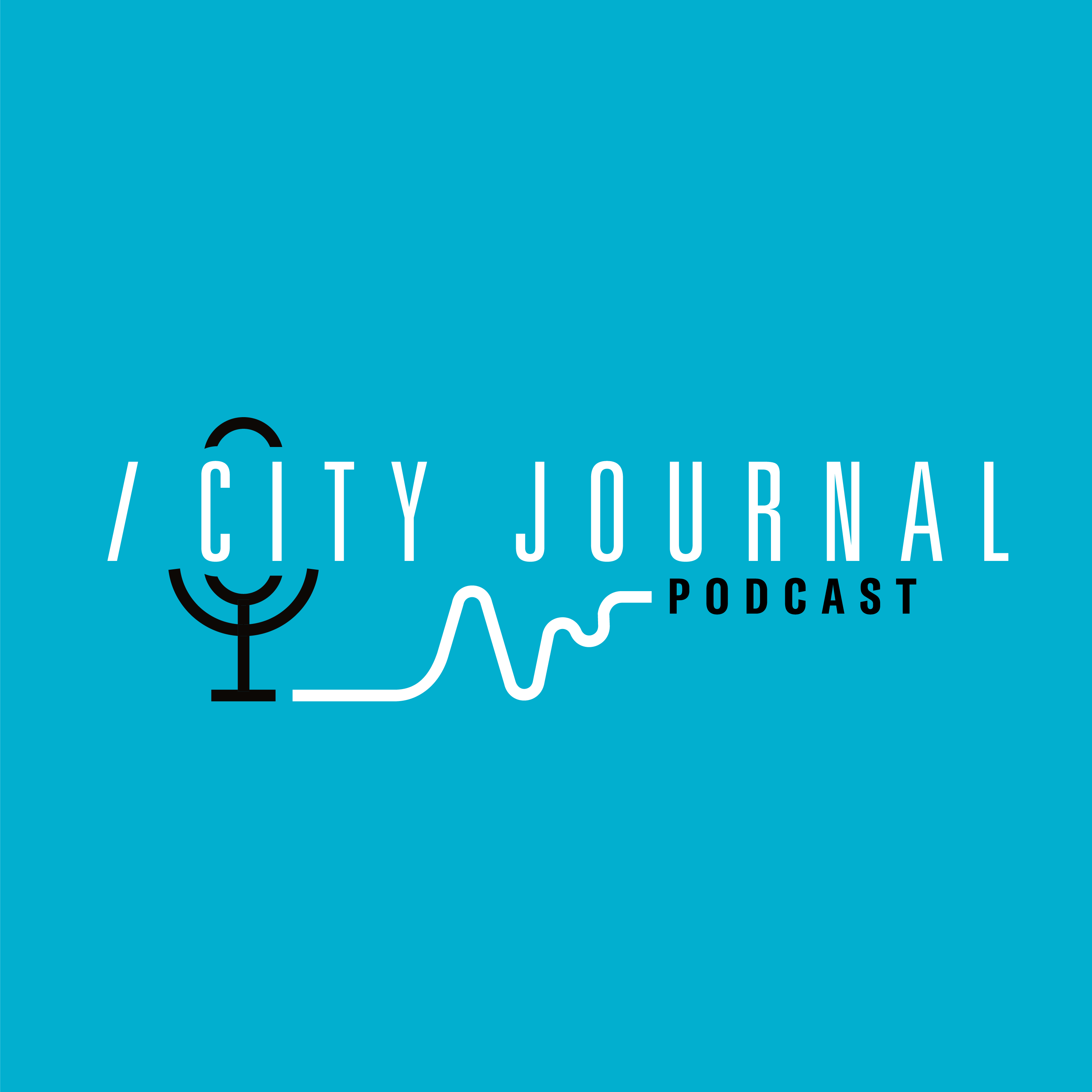
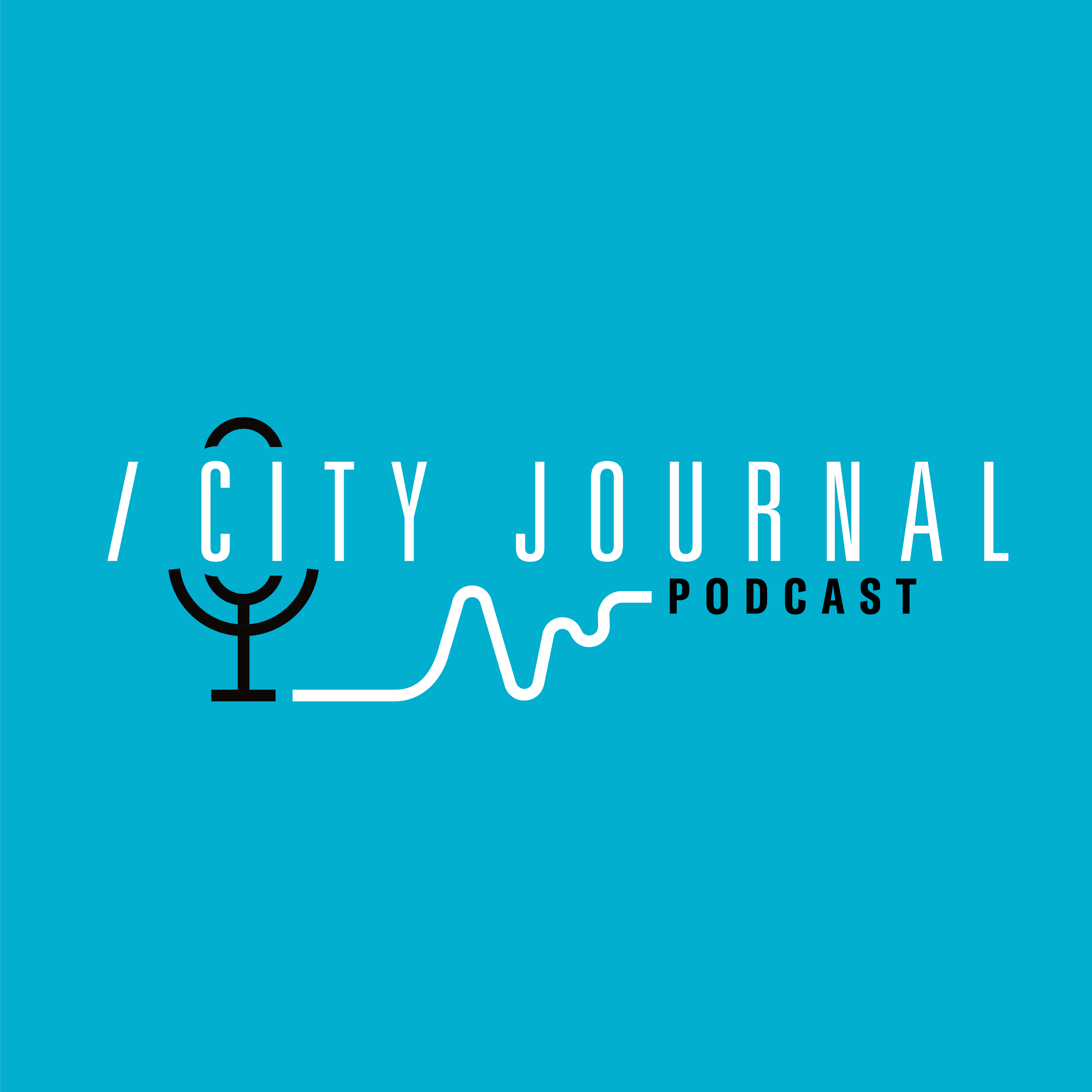
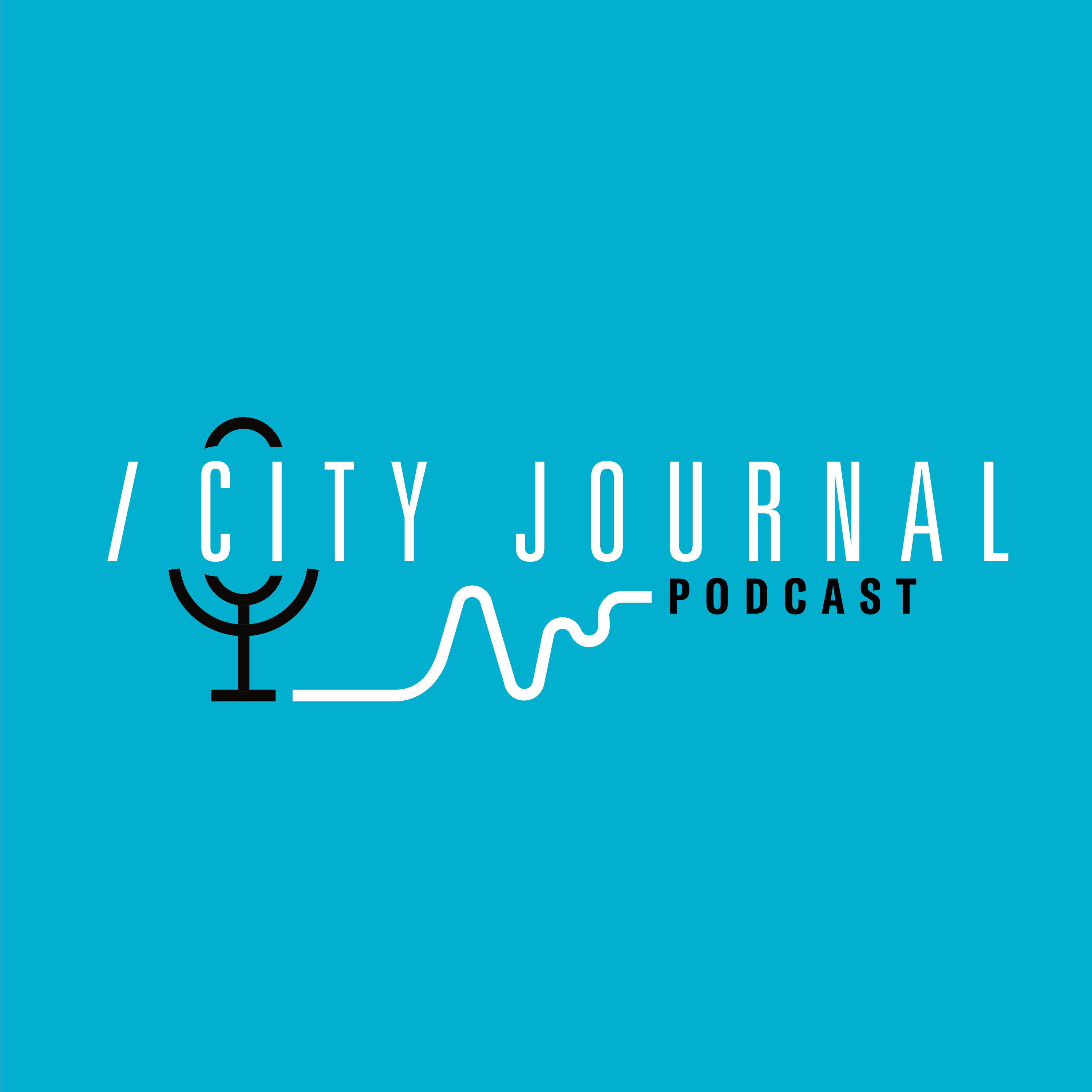
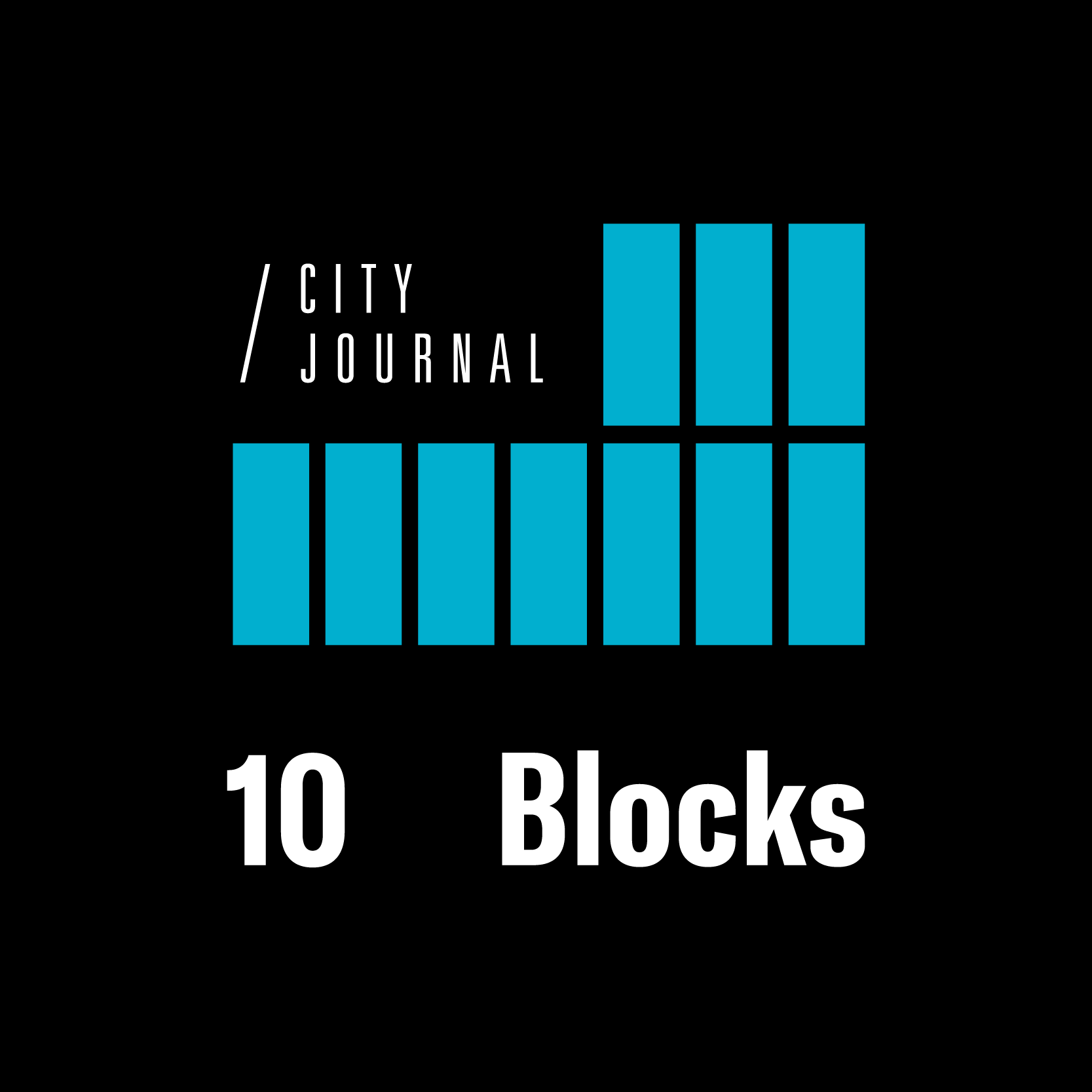



bhhuuhhh